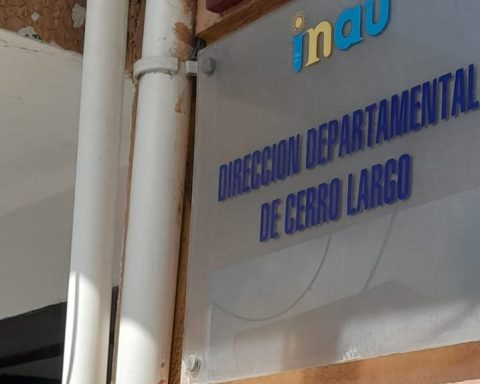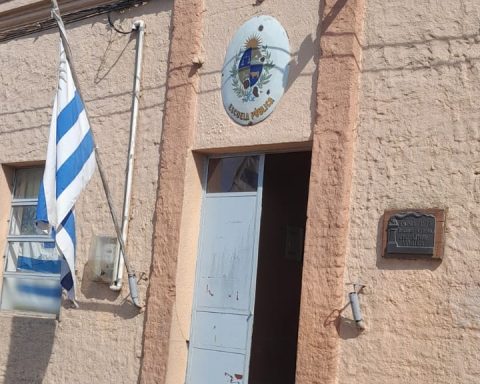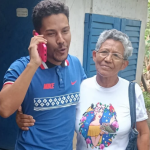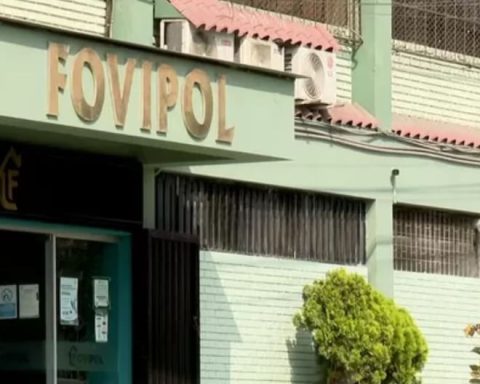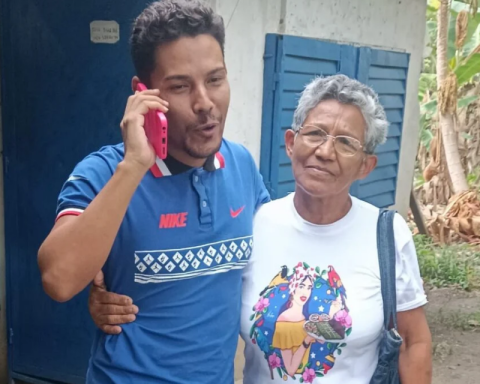The impact of smuggling on the border: Cerro Largo merchants prepare strategies to confront the problem
In the department of Cerro Largo, especially in the border areas, smuggling has become a persistent problem that directly affects local merchants, especially those linked to specific sectors such as the meat and fuel sectors. Faced with this situation, several businessmen have begun to take measures to analyze and confront the impact of this phenomenon, which threatens competitiveness, job creation and the economic development of the department.
Smuggling: A long-standing problem
Smuggling on the border with Brazil is not a new problem, but its incidence has grown in recent years due to several factors. Local merchants point out that products of Brazilian origin, such as meat, fuel and lubricants, enter the country irregularly, affecting the ability of national companies to compete on prices and quality.
The entry of Brazilian products is usually done through clandestine channels, taking advantage of the dry border and the lack of strict controls. According to businessmen’s complaints, this situation is aggravated by the weakness of the surveillance mechanisms of the customs authorities, which do not have the necessary resources to prevent the constant flow of illegal goods.
Furthermore, the exchange difference between Uruguay and Brazil is another factor that favors smuggling. Prices for Brazilian products are often significantly lower due to production costs and taxes in the neighboring country, making them more attractive to local consumers, especially those with lower incomes.
THE IMPACT ON LOCAL BUSINESSES
Smuggling has devastating effects on the formal businesses of Cerro Largo. According to businessmen, the irregular entry of products affects their sales, reduces their profit margins and puts the stability of their businesses at risk. This, in turn, has a direct impact on job creation, since many of these businesses are forced to reduce their workforce to face the crisis.
In the case of the meat sector, the situation is especially worrying. Local merchants, who comply with strict health and tax regulations, face unfair competition from products that enter the country without any type of control. This not only affects their ability to compete, but also puts the food safety of consumers at risk, who could be purchasing products of dubious quality.
The fuels and lubricants sector faces a similar problem. Local service stations, which pay taxes and comply with all regulations, see their sales decline due to the supply of contraband fuels, which are sold at considerably lower prices.
MEASURES UNDER DISCUSSION
Faced with this reality, the merchants of Cerro Largo have decided to organize to find concrete solutions. In February, representatives of these sectors will meet to analyze the impact of smuggling and develop strategies that they can present to the new government, which will take office in March.
AMONG THE MEASURES TO BE DISCUSSED, ENTREPRENEURS RAISE THE NEED FOR:
1. Strengthen border controls: They will ask the government to allocate more resources to customs and strengthen surveillance in dry border areas. This would include the incorporation of advanced technology to detect the entry of illegal products.
2. Establish tax incentives: They propose that the government implement policies that reduce production and distribution costs for local companies, so that they can compete more fairly with Brazilian products.
3. Raise consumer awareness: We will seek to develop awareness campaigns to inform the population about the risks of consuming contraband products, both in terms of quality and impact on the local economy.
4. Public-private collaboration: Merchants also raise the possibility of working together with authorities to develop joint strategies to combat smuggling more effectively.
THE ROLE OF THE SHOPPING CENTER
The Cerro Largo Shopping Center has expressed its support for these initiatives, although it has made it clear that it will not assume a direct control role over smuggling. According to spokespersons for the institution, its objective is to collaborate in the search for solutions without generating tensions with the most vulnerable sectors of the population, who often resort to smuggling due to the high costs of products in the formal market.
The Shopping Center also insists that the main responsibility lies with government authorities, who must design and implement policies that favor local merchants and promote a fairer and more competitive market.
A CHALLENGE FOR THE NEW GOVERNMENT
With the upcoming inauguration of the new government, Cerro Largo merchants hope that concrete measures will be taken to address this problem. However, they are aware that this is a complex challenge that will require the coordination of multiple actors, from national authorities to departmental governments and the merchants themselves.
Smuggling at the border is not only an economic problem, but also a social one. Finding a balance between the needs of consumers, who are looking for more accessible prices, and the protection of the local economy will be key to moving towards a sustainable solution.
For now, the meetings scheduled for February will be the first step to build a dialogue between the affected sectors and the authorities. The merchants of Cerro Largo trust that, with political will and the support of the community, it will be possible to face this challenge and protect local production, employment and the competitiveness of the department.





